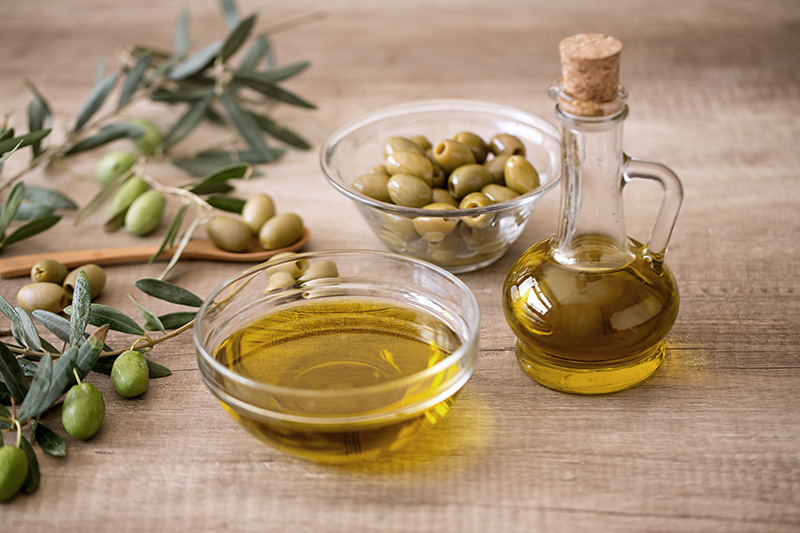Healthy foods for your healthy heart

The coronary arteries supply oxygen-rich blood to the entire heart muscle. And heart muscle has to work consistently to ensure that an adequate blood supply is pumped to the whole body. The abnormality of blood vessels is one of the major causes of heart disease. Narrowed, blocked or ruptured vessels can severely lead to insufficient blood supply to the heart, resulting in fatal conditions such as sudden heart attack.
Diet plays a vital role in heart health and can substantially reduce risks of heart disease. In fact, certain foods can influence blood pressure, triglycerides, cholesterol levels and inflammation, all of which are contributing factors to heart disease.
Healthy foods for healthy heart
To lower risks of developing heart disease, these following foods are essentially recommended:
1) Hard-shell nuts
Nuts with hard shell such as almonds, macadamia nuts, walnuts, cashew nuts and peanuts provide various benefits to the heart, especially in regards to reducing heart disease risk factors. Hard-shell nuts are the main source of omega-3 fatty acids as well as monounsaturated fat and polyunsaturated fat which help to lower LDL (low-density lipoproteins), the “bad” cholesterol that can collects in the walls of the blood vessels where it can cause blockages. Recommended amount to intake is 2 tablespoons per day

2) Thai herbs
Thai herbs, for instance, ginger, galangal, lemongrass, garlic, basil, sweet basil and mint have expressed numerous botanical properties including antioxidant and anti-inflammatory effects. They also enhance the taste of foods especially patients with salt-restricted diet.

3) Saltwater fish (marine fish) and freshwater fish
Fish contains high levels of nutrients and protein. Main sources of omega-3 fatty acids are saltwater fish (marine fish) and freshwater fish. Omega-3 fatty acids are potential protective factors associated with a decreased risk for heart disease. These fatty acids can attenuate atherosclerosis, the buildup of fats, cholesterol and other substances in the artery walls (known as plaque) which can restrict blood flow and lead to heart problems. Examples of good source of omega-3 are seabass, mackerel, catfish, tilapia and striped catfish.

4) Olive oil
Olive oil contains monounsaturated fats that can help reducing LDL, bad cholesterol in the blood, leading lowered risks of heart disease and stroke. In addition, olive oil is rich in vitamin E, a fat-soluble antioxidant that helps to protect vessel degeneration and inflammation.

5) Oats
Oats are one of the most nutritious whole-grain foods due to high amount of dietary fiber, complex carbohydrates and essential amino acids. The potential health benefits of oats include lowering levels of cholesterol and reducing risks of coronary artery disease.
Recommended diets for patients with cardiovascular disease:
Since diet plays a major role in heart health, nutritional recommendations include:
- Avoid high-fat diet intake such as butter, fatty meat, cakes and cookies.
- To limit the consumption of trans fats which are the contributing factor to heart disease, deep fried foods especially with repetitive use of cooking oil e.g. deep fried banana, fish cakes, doughnuts and Chinese doughnuts must be avoided.
- Avoid using lard oil, palm oil and coconut oil since they highly contain saturated fats that can raise the level of cholesterol in the blood.
- Consume more low-calorie diets such as low-fat milk or skimmed milk and low-fat yoghurt.
- Eat high-fiber fruits and vegetables such as dragon fruit and guava.
- Try to change the way of cooking from deep frying to steaming, grilling, boiling and baking.
Apart from diet changes, lifestyle modifications can largely improve heart health, including regular exercise, maintaining a healthy weight and sufficient rest as well as reducing and managing stress. Since heart disease can actually strike anyone at any age, annual check-up is essentially crucial. If abnormal signs or symptoms are presented, medical assistance must be sought immediately.

